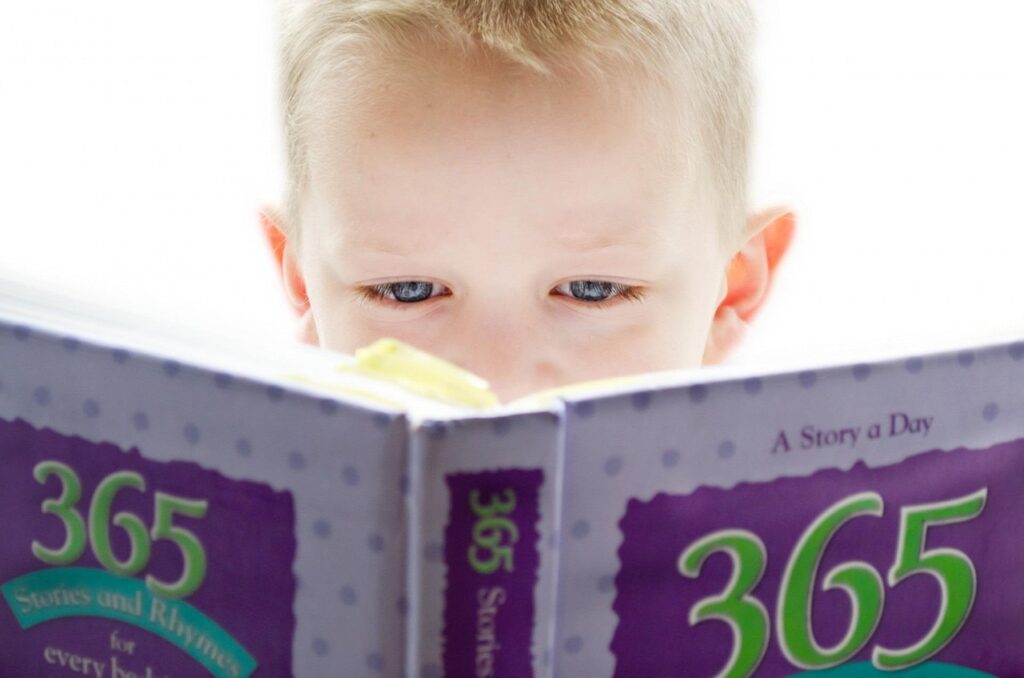Parenting is messy, unpredictable, and filled with moments that test every ounce of control we think we have. While we can’t let go of our responsibilities as parents, there’s incredible wisdom in knowing when to release our grip on the things that don’t truly matter. Here’s why “let it go” might just be the sanity-saving mantra every parent needs.

1. Perfect Houses Are Overrated
That pile of toys in the living room? The fingerprints on the windows? The mysterious sticky spots on the kitchen counter? They’re not signs of failure—they’re evidence of a life being lived. A perfectly clean house often means kids who are afraid to touch anything. Let the mess happen, clean what matters for health and safety, and remember that childhood is temporary but memories of feeling free to play last forever.
2. Your Child's Timeline Isn't Your Timeline
Some kids walk at 10 months, others at 18 months. Some are reading chapter books in kindergarten, others struggle with letters until second grade. Your anxiety about developmental milestones won’t speed up your child’s natural progression, but it will rob you both of joy in the present moment. Trust that most children develop at their own pace and celebrate the small victories along the way.
3. Control Is an Illusion Anyway
You can’t control whether your toddler has a meltdown in Target, whether your teenager rolls their eyes at dinner, or whether your eight-year-old decides to wear shorts in December. The more you fight for control over things beyond your influence, the more frustrated you’ll become. Focus your energy on what you can actually control: your responses, your boundaries, and your consistency.
4. Perfectionism Steals Joy
That Pinterest-perfect birthday party you’re stressing about? Your child will remember the love and attention, not whether the decorations matched or if you made the cake from scratch. The family vacation where everything went wrong but you all laughed together will be more meaningful than the one where you were too busy orchestrating perfection to enjoy the moment.
5. Your Child's Emotions Aren't Emergencies
When your child is upset, your instinct might be to fix it immediately. But sitting with difficult emotions—disappointment, frustration, sadness—is how children learn emotional resilience. You don’t need to rescue them from every uncomfortable feeling. Sometimes the most loving thing you can do is simply be present while they work through it.
6. Other People's Opinions Don't Pay Your Bills
The judgmental looks when your child has a public meltdown, the unsolicited advice from other parents, the raised eyebrows when you make choices that work for your family—none of these opinions matter. You know your child, your circumstances, and your family’s needs better than anyone else. Let go of the need to justify your parenting decisions to people who aren’t living your life.
7. Mistakes Are Learning Opportunities, Not Failures
Your child forgot their homework again? Struck out at the baseball game? Had a friendship conflict at school? These aren’t parenting failures—they’re childhood. Natural consequences teach better lessons than constant rescuing. When you let go of preventing every mistake, you give your child the gift of learning resilience and problem-solving.
8. You Can't Be Everything to Everyone
You don’t have to be the room parent, the team coordinator, the bake sale organizer, and the field trip chaperone all at once. Saying no to some opportunities isn’t letting your child down—it’s modeling healthy boundaries and showing them that adults make choices about where to invest their time and energy.
9. Your Childhood Isn't Your Child's Blueprint
Maybe you never got to quit an activity once you started, or perhaps you weren’t allowed to express negative emotions. Your child isn’t you, and their childhood doesn’t need to be a correction of yours. Let them be who they are, not who you think they should be based on your own experiences.
10. This Phase Will Pass
The sleepless nights with a newborn, the defiant preschooler phase, the eye-rolling teenage years—they all feel eternal when you’re in them, but they’re actually fleeting. When you’re in survival mode, remember that childhood moves faster than it feels. Let go of the pressure to cherish every moment (some moments are genuinely hard) and trust that the season will change.

The Bottom Line
“Let it go” doesn’t mean becoming a permissive parent or abandoning your responsibilities. It means releasing your grip on things that don’t truly matter so you can hold tightly to what does: your relationship with your child, their sense of security and love, and your own well-being as a parent.
Sometimes the most courageous thing a parent can do is step back, take a deep breath, and trust that love, consistency, and patience matter more than perfect execution. Your child doesn’t need a perfect parent—they need a present, authentic one who knows when to hold on and when to let go.

